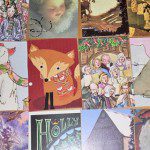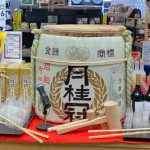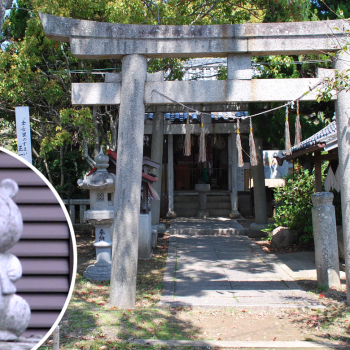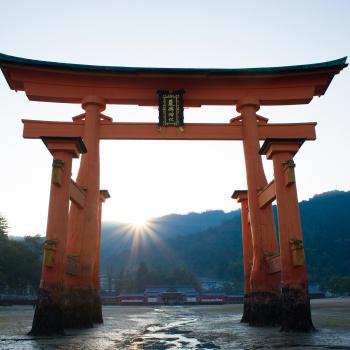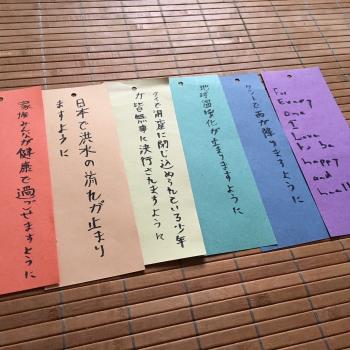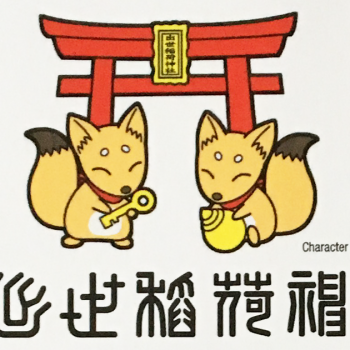11. Wish-Granting Spirits
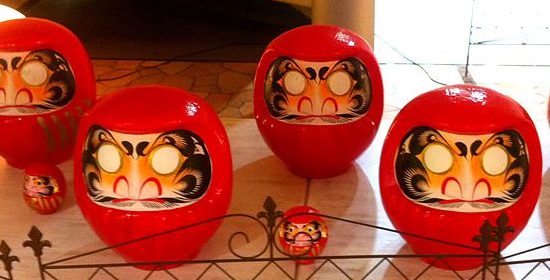
In Western countries, one of the most prominent Christmas figures is Santa Claus, traditionally identified as Father Christmas in Britain. He is portrayed as a plump, bearded old man clad in red white and gold, and in Anglophone countries he grants children their wishes by giving them the presents they ask for if they’ve been good. Santa Claus is an amalgamation of a variety of different figures, many of which are Pagan in origin, but is often most frequently associated with the Christian St Nicholas.
Japan has a strikingly similar figure associated with New Year who is also based on a saint – a Buddhist one. Daruma is the Japanese name for the Zen Buddhist monk Bodhidharma, and he is most familiar in Japan in the form of the daruma “wishing doll.” Like Santa Claus, the daruma doll is plump, bearded, employs a red, white and gold colour scheme, and the Japanese ask him to grant wishes or to help with achieving goals by colouring in one eye. When the wish is granted, they colour in the other eye. The daruma is then taken to a temple on New Year’s Day to be ritually cremated, and a new daruma is purchased. It’s almost like making a New Year’s Resolution in western countries.
It’s very interesting that there should be so many similar physical characteristics between Santa Claus and Daruma. I think this relates to the things that people generally wish for in winter – life and brightness (the red, white and gold), long life (old bearded man), and health and abundance (the plump figure). In both the West and Japan, these “spirits of winter” symbolise hope and determination.
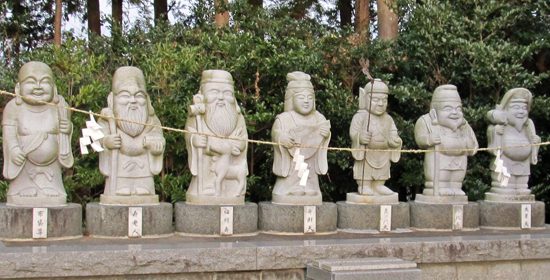
Daruma isn’t the only figure associated with wish-granting and New Year. On New Year’s Eve, it is said that the Earth is visited by the Seven Lucky Gods, or Shichi-Fukujin. These deities, who are mostly of continental Asian origin, are: Ebisu (God of wealth and fishing), Daikokuten (God of commerce), Bishamonten (God of war), Benzaiten (Goddess of the arts), Fukurokuju (God of wisdom), Jurōjin (God of long life) and Hotei (God of fortune). They set out on a great treasure boat and sail down from Heaven on New Year’s Eve and bestow their gifts on people. For this reason, many otoshidama envelopes are decorated with the Seven Lucky Gods, and it is said that sleeping with a picture of them under your pillow on New Year’s Eve will bring good luck.

